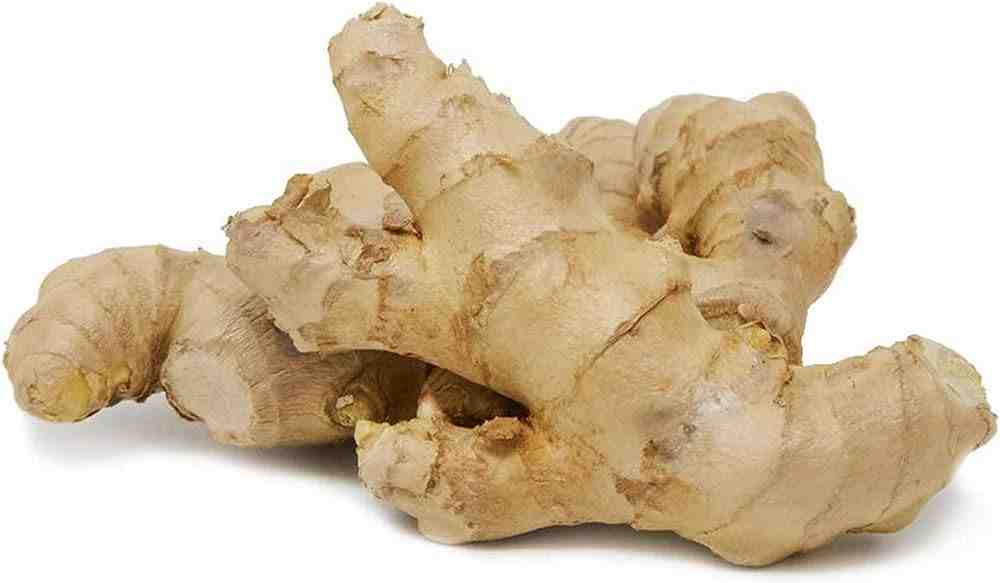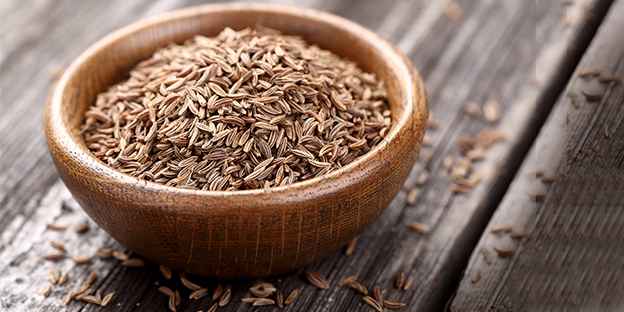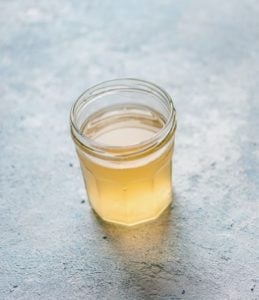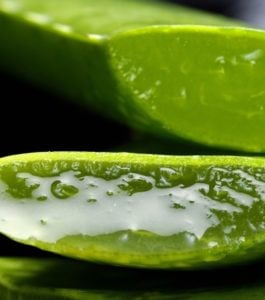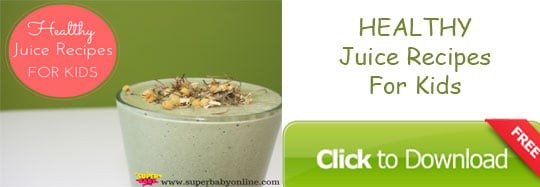Stomach pain is a major trouble maker in most kids’ childhood. Coming up unannounced suddenly right at the most unwanted of times, it can be very frustrating for a parent to see their child in agony. While most kids outgrow the stomach pain phase gradually, it can be stressful for the child to often suffer pains that they can’t fully explain. Today we’ve curated the most effective stomach pain natural remedies that you can use to ease stomach pains in kids.
WHAT CAUSES STOMACH PAINS IN CHILDREN?
The most common factors that can cause stomach pain in children are:
- Colic
- Irritable Bowel
- Constipation
- Urine/ Bladder Infection
- Indigestion
- Flatulence
- Food Poisoning
- Food Allergy
- Swallowing Foreign Objects like soap, hair, wrapper
- Muscle Strains
- Worm Infestation
- Anxiety
- Dehydration
- Acid reflux
- Diarrhoea
- Appendicitis
HOME REMEDIES FOR STOMACH PAIN
Warm towelling: Weighing down your baby’s tummy with a heavy warm towel can help relive the gas and improve digestion. You can use mild heat compresses for older children and during period cramps.
Bicycling: Bicycling your baby’s legs gently for 5 minute stretches helps pass gas. For older kids, make them lie on a smooth flat floor and bring their knees to their chest. Clasp their hands around the knees and let them hug their knees as tight as they can, pressing their stomach flat. This helps expel gas. You can also ask them to gently roll from side to side for five times while holding their knees to better relive gas. This wind relieving technique is also called Pawanmuktasana in yoga.
Homemade Gripe Water: Industrially manufactured gripe water is made from glycerine, citric acid, sodium bi carbonate, fennel and ginger, along with other additives, binders and fillers. You can make your own natural gripe water in minutes from scratch. Boil a teaspoon of fennel seeds and cumin seeds with a tiny piece of ginger for two minutes. Strain the water and give it lukewarm. You can add a drop of honey for taste and its medicinal property. For babies smaller than 4 months, skip the ginger.
Stress: Stomach pains in children can often be triggered by stress. Stomach pain right before an exam or a competition is a real physical pain. Reassuring your child, and working together with them as they face their fears can overtime help them master difficult situations without getting overwhelmed.
Mint: The peppermint plant has a calming effect on our digestive system and is great for relieving nausea, diarrhoea, flatulence, cramps and anxiety. The main ingredients that give peppermint its flavour, menthol and methyl salicylate, are anti-spasmodic, anti bacterial, anti fungal and anti viral in nature. They also regulate the flow of bile to make food move faster to the intestines. You can crush a few mint leaves with a dash of lemon to make delicious chilled lemonade for kids to relieve stomach pain. You can also make mint tea, with fresh leaves steeped in hot water. Do not give your child mint if they are suffering from acid reflux, as the strong mint flavour might aggravate the heart burn more.
Fennel and Ginger: Fennel seeds are rich in volatile compounds like fenchone, anethole. Cineole, anisic and limonene, which offer great carminative (relieving gas and soothing the digestive system) and anti flatulent effects. Ginger is also a helpful carminative, and its warm nature stimulates the secretion of bile, saliva and gastric juice, helping kick start digestion during bloating, flatulence and food poisoning. For kids older than 8 months, slightly crush the fennel seeds for a stronger flavour and add more ginger according to the hotness they can tolerate.
Probiotics: Stress, lack of sleep, poor diet and overuse of antibiotics can all incredibly botch the digestive system and upset its balance. Probiotics can help restore the balance of your gut, resulting in a calm, soothed and a better functioning gut. Although super effective, probiotics are a long term journey rather than an instant remedy. Homemade curd and fermented rice are great probiotics that can be given to kids who have started solids. Probiotics can relieve stomach ache caused by almost all causes, help restore its floral balance and increase nutrient absorption through proper digestion.
Asafoetida: Just like its odour, the flatulence relieving strength of asafoetida is powerful too. To relieve stomach pain, add a pinch of asafoetida to a cup of water or herbal tea and drink it. For smaller babies, you can make a paste of asafoetida in water and apply it around the belly button.
Cumin: Cumin helps warm up the digestive process and it’s a powerful anti spasmodic that can even be given to babies. Steep a few fennel seeds, cumin seeds and ginger to make a hot tea that relives all digestion related stomach pain.
Fibre: Because of the way milk moves in the gut, just drinking milk for breakfast, lunch and dinner without significant meals in between can cause constipation. Although kids need around two to three cups of milk a day, make sure they are timed well with fibre rich food in between. Crushed flax seeds in a glass of warm water is an effective fibre rich remedy that relives constipation related pain. Psyllium husk (Isabgol) and fenugreek also trigger bowel movements when taken in warm water.
Garlic: Garlic has strong anti viral, anti bacterial and anti fungal properties that relive diarrhoea, UTI pain and indigestion quickly. Add plenty of garlic and a pinch of turmeric to vegetable soup and let your toddler keep sipping it to relieve pain.
Prunes: Prunes are rich in fibre and have a laxative effect on the body. You can give your child a glass of prune juice or a few prunes to stimulate bowel movement.
Apple cider vinegar: Fermented foods are increasingly becoming popular remedies for digestive issues, particularly to relieve stomach ache. Apple Cider Vinegar is said to help calm down the spasms. For kids, add a two to three drops of Apple Cider Vinegar in juices or teas.
Honey: With powerful antibacterial and anti fungal properties, honey is one of the top remedies to ease indigestion and food poisoning. You can let your toddler lick one or two teaspoons of honey thrice a day for pain relief. You can also sweeten ginger teas with honey for a quick resolution of stomach ailments.
Betel stalk dipped in castor oil: An old wives’ remedy, betel stalks dipped in castor oil and inserted into the anus can stimulate an immediate bowel movement. Betel leaves are a long recommended digestive aid for adults to relieve upset stomach and constipation. The addition of rectal stimulation helps kids poo immediately.
ILU Massage: This massage looks like an inverted I-L(ove)-U and can be used to loosen bowels and relieve constipation in infants, toddlers and adults alike. Moisten your fingertips with a few drops of castor oil. Make your baby lay on a flat floor.
Start by forming an I on your baby’s belly. You must begin stroking from just under the left rib cage to the left hipbone of the baby, with moderate pressure, in a downward motion, to push the stools down.
Next, form the letter L by massaging across your baby’s tummy, from their right to left, and then continuing along I’s path. Start just under the right ribcage of your baby, move across the tummy, and go down again under the left ribcage to push those stools really well.
Lastly, finish with an inverted U. The U begins with an upward motion, starting from the baby’s right hipbone to right ribcage, then continues just like L, across the tummy and back down.
The strokes of this massages follow the path of colon in the abdomen and helps calm down spasm and irritation that causes stomach pain. It also increases the movement of food in the gut. Finish the massage with a drop of castor oil on the belly button and a clockwise massage around it to stimulate the small intestine. This massage in incredibly effective in relieving constipation and related stomach pain.
Figs: Figs have natural laxative properties that encourages bowel movements and help reduce indigestion. You can give your kids two fig fruits thrice a day until their symptoms reduce. You can also try making tea from fig leaves. Do not give your kids figs if they have diarrhoea as the fibrous tissue can be hard to digest.
Aloe vera: Aloe vera helps reduce excess stomach acid, encourages toxins removal through bowel movements, improves digestion, reduces inflammation and promotes a healthy balance of good bacteria in the gut. Aloe juice is an excellent natural remedy for acid reflux, heartburn, belching, vomiting, flatulence and nausea.
Basil: Basil leaves are greatly helpful in reducing gas, relieving cramps and in increasing appetite. The eugenol in basil helps reduce stomach acid, while tis linoleic acid is a powerful anti inflammatory agent. Kids can chew a few basil leaves or you can steep the leaves in a tea to relieve stomach pain.
Deworming: Worms are a pretty common problem in young children that can cause stomach pain and diarrhoea if it gets out of hand. Raw papaya juice and powdered papaya seeds in an empty stomach are effective in killing worms. Neem juice is another very effective deworming remedy for children and adults. You can also make a paste out of neem leaves, roll them into small pills and dry them in the shade to make them easier to swallow without feeling its bitter taste.
Should you call the doctor?
While most stomach pains in children are nothing to be alarmed of, keep an eye out for:
- Chills, fever
- Vomiting and diarrhoea that doesn’t stop
- Swollen and hard abdomen
- Skin rashes
- No urine or very less urine
- Pain that keeps increasing in the right part of the abdomen
Get in touch with your doctor immediately if you see any of the symptoms worsening.


